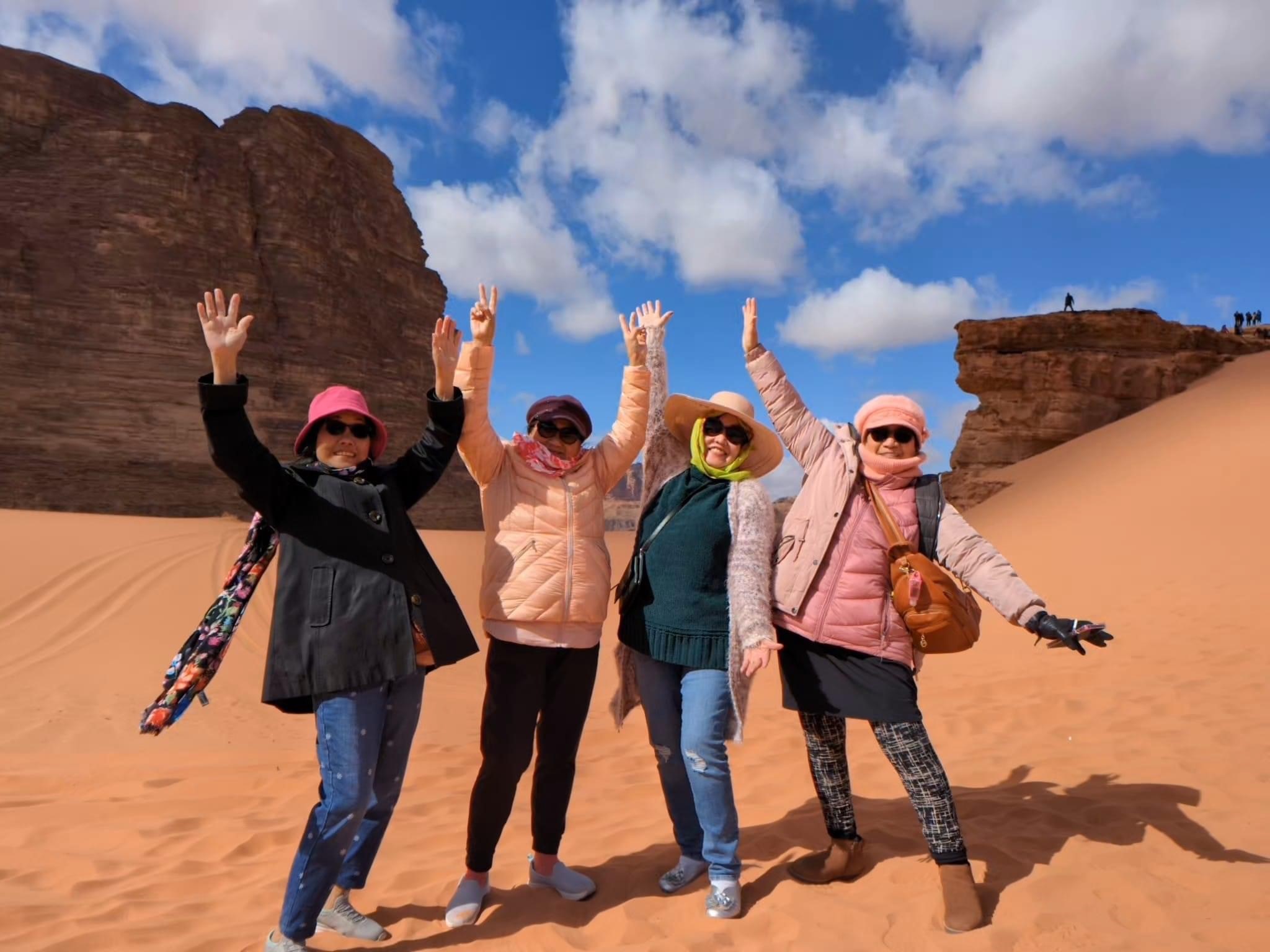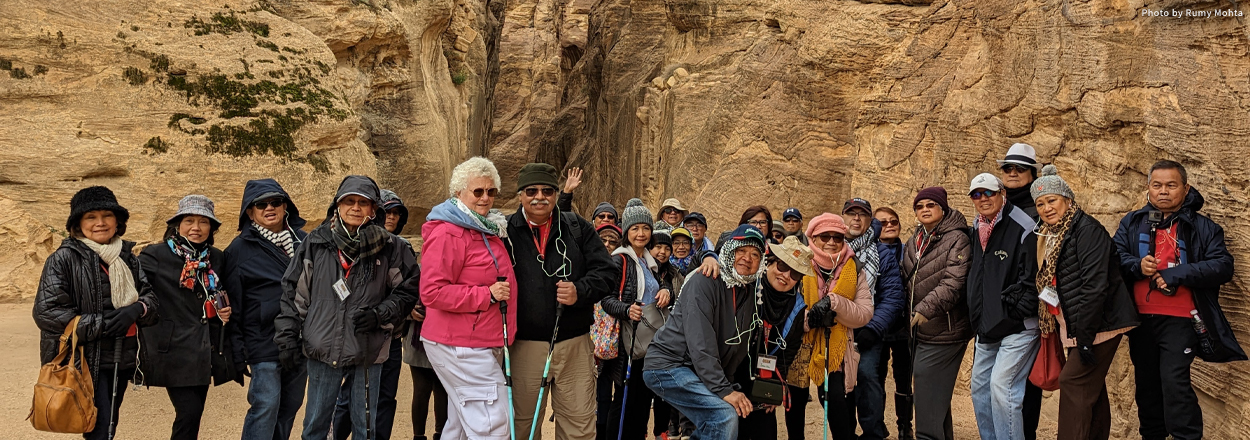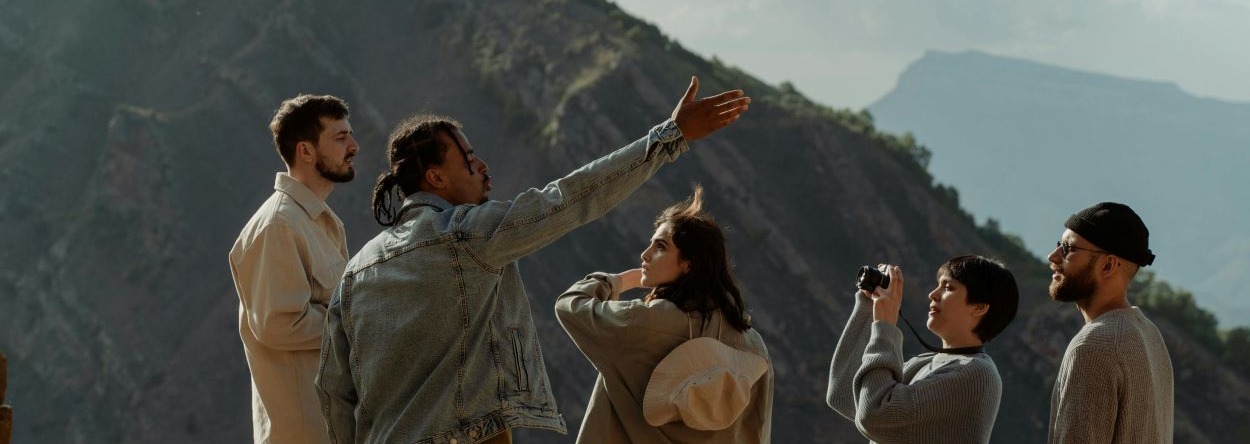At a conference this past spring, I attended an educational session that focused on why diversity matters in the travel industry, both locally and globally. As the speaker put data on the screen representing the economic benefits of diverse and inclusive travel, a voice chimed in from behind me pointing out that none of the data included AAPI (Asian American Pacific Islander) travelers.
The conversation that ensued from this comment was educational and meaningful, and I believe everyone walked away with something further to think about.
Topics around diversity, equity and inclusion don’t fit into a one-hour educational session. They don’t fit into one magazine article. Discussing topics like this takes many routes, and from them, new topics of conversation are born. And that’s exactly what bringing them up is meant to do — spark a conversation that continues.
This article isn’t meant to be all-encompassing but instead, to be a conversation starter for a group that is currently underrepresented in our industry, AAPI travelers.
The voice I heard chime in during the education session belonged to Rumy Mohta, president of Atlas Ventures, and I instantly looked forward to continuing the conversation he created.
“One of the things that many people do not realize is that AAPIs is all the way from Guam in the East and it extends to Turkey in the West,” Mohta said. “Turkey is part of Asia. Many people again do not realize that it includes Israel, Saudi Arabia, Iraq, Iran. All of those are considered Asia.”
Mohta went on to explain that when companies are working with and including AAPI travelers, they shouldn’t just assume these travelers are all from one Asian country. These travelers account for a tremendous amount of revenue, Mohta explained, and that’s why so many agencies are already successful — because they know how to cater to this population.
 Rumy Mohta with a group of travelers (photo by Rumy Mohta)
Rumy Mohta with a group of travelers (photo by Rumy Mohta)
When you do find the opportunity to work with AAPI travelers, “don’t put all of them in the same bucket. Their languages are different, even the dialects, of course. Their needs are different,” Mohta said.
Broadened Marketing
In regard to what travel advisors and suppliers can be mindful of in their marketing strategies is who they are showing in their brochures, on their websites and throughout their advertisements.
Mohta shared that he’s had times when he shows clients a brochure, and they have been steered away from traveling with the company due to the lack of people in photos that looked like them.
“Stop showing only white people,” Mohta said. “You have to show the different color mosaic of the United States of America if that’s what you’re marketing.” He pointed to Delta Air Lines as a shining example of what to do when it comes to marketing material.
“Delta Air Lines – I’m giving them the top mark – are the only airlines that are showing not only ethnic people, they had a poster with a woman in a hijab. That is fantastic. They had LGBTQ couples holding hands in a Delta advertisement,” Mohta said, adding that a few years ago this would have never been the case and that it’s rare to see imagery like this from other travel companies.
 Travelers in Wadi Rum, Jordan (photo by Rumy Mohta)
Travelers in Wadi Rum, Jordan (photo by Rumy Mohta)
Mindful Greetings and Inquiries
Think about the way a simple greeting makes you feel. Whether it’s a “good morning” when you enter a building or a salute to a holiday you’re celebrating, greetings usually make people feel acknowledged and included. It’s important to think about the way you greet people in your travel business and throughout your promotions. Does the verbiage you use speak to everyone or only specific groups of people?
Mohta encourages travel advisors and brands to include everyone in their greetings. “The suppliers are celebrating Thanksgiving on a flight and Christmas on a cruise,” he said. “Why not go ahead and do that for others? Why can we not market to the other communities and other beliefs?”
Examples of holidays he gave to acknowledge in promotions are the Chinese New Year, Diwali and Hanukkah, just to name a few. A simple greeting can go a long way to make people feel included.
While marketing for holidays falls under a specific timeframe, it’s important to remember to include a diverse population in promotions throughout the year. For example, AAPI travelers should not only be observed in May, and LGBTQ+ travelers should not only be celebrated during the month of June. Travel companies should challenge themselves to represent travelers of all types throughout the year.
When working with a new client, it’s always important to get to know them first, and this should be done free of assumptions. Mohta tells travel advisors to ask the right questions. He said when working with AAPI travelers, or new clients in general, asking about dietary restrictions is important, as well as if there are any cabin or room numbers to book or avoid booking due to the numbers being seen as significant or unlucky.
 A group at the Roman Amphitheater of Scythopolis (photo by Rumy Mohta)
A group at the Roman Amphitheater of Scythopolis (photo by Rumy Mohta)
Utilizing a Consultant
If you’re not sure where to start when marketing to or working with AAPI travelers, bringing in the expertise of a consultant can be extremely helpful.
“Travel suppliers need to start bringing in consultants, and again consultants who are AAPIs, consultants who have traveled, consultants who have seen the world, consultants who can bring the value from around the world to them to do that,” Mohta said. “I think that’s the most important factor on the marketing side.”
It’s also important to ensure everyone on the team is treating people with respect. Consistent training can be key to breaking down barriers and ensuring everyone who calls your company is treated kindly. Mohta expressed that he has been faced with a change of tone on the other end of the phone when the representative hears his accent.
“[Suppliers] need to train the people on the phone to have the right attitude towards anyone calling, especially travel advisors of different colors and shapes and sizes,” Mohta said. Otherwise, the person calling in will want to hang up and call another company.
When it comes to inclusivity, it’s really about having a balance of celebrating everyone’s individuality while also bringing people together. “What [travel companies] need to do is to separate, yet bring together, people of different colors. When you do an event, you need to make sure that everybody gets a chance to talk,” Mohta said. “You listen to people so that you’re covering the right topics.”
When you begin being more diverse yourself and including everyone, Mohta points out that the world begins to open up. Travel is for everyone, so why not work to make your travel business one of the most inclusive ones out there?
Mohta has been leading group trips all over the world for years, and on a recent Arctic expedition, the youngest guest was eight years old, and the oldest ones were in their 70s. Don’t ever just assume someone isn’t interested in a vacation based on how old they are or how they look.
“The more we see the world, the more we learn about each other,” Mohta said. “The more we learn about each other, we face lesser problems in the world.”
Originally appeared in the Winter 2023 issue of The Compass magazine.






Eugene L | 07/12/24 - 10:51 AM
I truly agree with the author.I have traveled and learned alot about other cultures in the world. Everyone needs to travel.
| reply